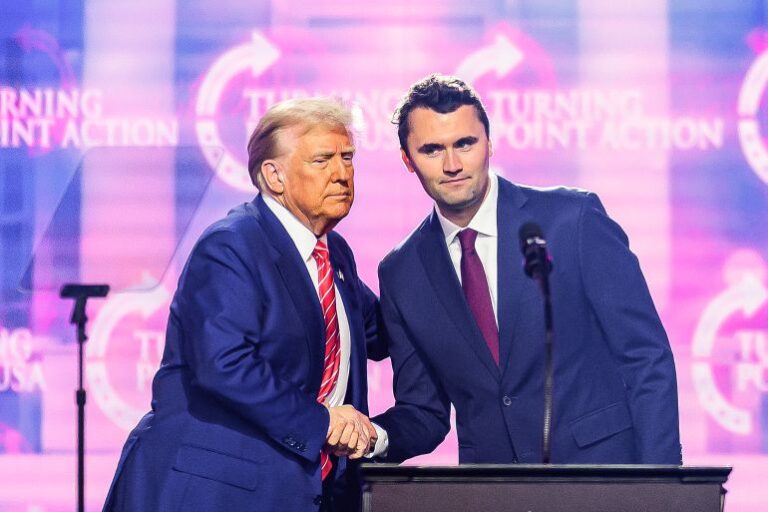
A high-profile legal battle began Monday in San Francisco over the Trump administration’s deployment of National Guard troops in Los Angeles to aid deportation operations and suppress protests. The case, presided over by U.S. District Judge Charles Breyer, will examine whether the move violated the 1878 Posse Comitatus Act, which prohibits the use of the military in civilian law enforcement. The trial, expected to last three days, comes after June’s mass immigration raids sparked unrest at locations such as Home Depot stores, a garment factory, and a warehouse.
California’s Attorney General Rob Bonta has accused the federal government of sending troops into Los Angeles for “political theater and public intimidation,” noting that around 300 National Guard members remain active in immigration raids and restricting civilian movements. The Trump administration insists the troops were tasked only with protecting federal property and U.S. Immigration and Customs Enforcement agents, not participating directly in law enforcement.
The dispute stems from President Trump’s decision in June to send 700 Marines and 4,000 National Guard members into Los Angeles without the consent of California’s Governor Gavin Newsom. State leaders argue this action undermines state sovereignty and federal law, prompting California to file suit. While an appeals court allowed Trump to maintain control over California’s National Guard during litigation, the state ultimately seeks to regain authority and secure a ruling declaring the deployment illegal.
A ruling against the Trump administration could set limits on the president’s ability to send troops into U.S. cities in the future. However, the case will not directly affect Trump’s separate plan to station National Guard forces in Washington, D.C., where the president has unique authority over their activation. California and Newsom have asked the court to bar National Guard members from joining ICE raids or making arrests within the state.

This trial has reignited a national debate over the domestic use of military forces and the balance of power between states and the federal government. Critics warn the Los Angeles deployment sets a dangerous precedent, while supporters argue it is necessary for public safety and immigration enforcement. The outcome could shape future presidential authority and redefine the boundaries of military involvement on U.S. soil.





